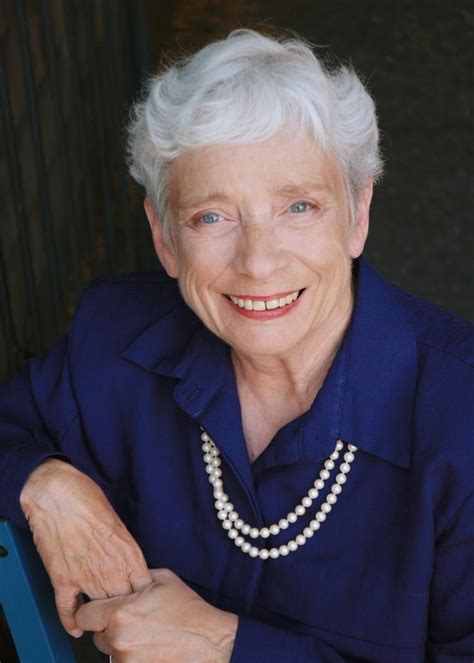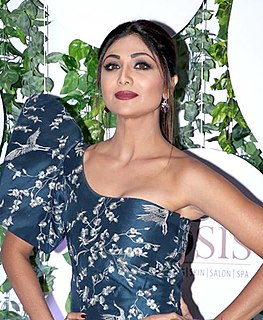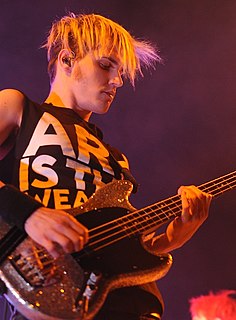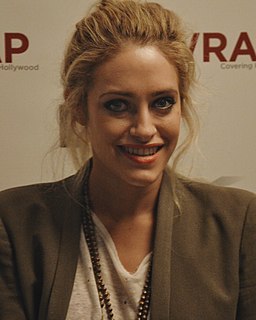A Quote by Mary Ann Shaffer
Will Thisbee gave me The Beginner's Cook-Book for Girl Guides. It was just the thing; the writer assumes you know nothing about cookery and writes useful hints - "When adding eggs, break the shells first.
Related Quotes
Tegus, I'm leaving this book behind for you, so you will know the why of it all, and maybe you'll forgive me, or maybe you'll think me false and reprehensible. You'd be justified. I couldn't stand the thought of your reading all my words unless I knew for certain that I'd never have to face you again, so please don't look for me. If you read the book in its entirety, you'll know for truth who is Lady Saren. And I guess you'll also know that I'm a silly girl who writes down every word you said to me.
Love your material. Nothing frightens the inner critic more than the writer who loves her work. The writer who is enamored of her material forgets all about censoring herself. She doesn't stop to wonder if her book is any good, or who will publish it, or what people will think. She writes in a trance, losing track of time, hearing only her characters in her head.
My husband, William Sutcliffe, the writer, is my first reader and in many ways my most important. That initial reading of the manuscript is crucial and irreplaceable and you want them to approach it as someone in a bookshop might, not knowing much about it. So I've got into this pattern of not telling Will anything about the book I'm working on. He often knows nothing about the book I'm working on at all until I give him the whole manuscript and ask him to read it. The book I'm working on at the moment he knows nothing about. No one does.
The first thing to do about an obstacle is simply to stand up to it and not complain about it or whine under it but forthrightly attack it. Stand up to your obstacles and do something about them. You will find that they haven't half the strength you think they have. Just stand up to it, that's all, and don't give way under it, and it will finally break. You will break it. Something has to break and it won't be you, it will be the obstacle.
By Cunning & Craft is a masterpiece of writing about writing. If, like Scheherazade, you had to spin out a story under threat of death, this is the how-to book to read. It's filled with thoughtful, nuanced advice from a teacher/writer who actually writes, and writes beautifully and with great humor. The list of rejected stories is worth the price of the whole book.
The problem for cookery-bookery writers like me is to understand the extent of our readers' experience. I hope have solved that riddle in my books by simply telling everything. The experienced cook will know to skip through the verbiage, but the explanations will be there for those who still need them.
That's one thing I like about Hollywood. The writer is there revealed in his ultimate corruption. He asks no praise, because his praise comes to him in the form of a salary check. In Hollywood the average writer is not young, not honest, not brave, and a bit overdressed. But he is darn good company, which book writers as a rule are not. He is better than what he writes. Most book writers are not as good.






































